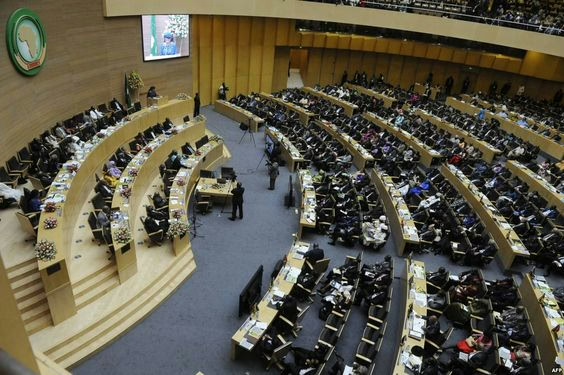Understanding the Limitations of AfCFTA in Addressing US Trade Deficits
The African Continental Free Trade Area (AfCFTA) represents a significant milestone for economic integration across Africa, promising enhanced intra-continental commerce and long-term growth. However, the expectation that AfCFTA can immediately offset the decline in trade with the United States is overly optimistic and overlooks several critical factors.
AfCFTA’s Vision and Its Gradual Impact
Launched to unify 54 African nations under a single trade framework, AfCFTA aims to eliminate tariffs on 90% of goods, streamline customs procedures, and foster a more competitive market environment. While this initiative is poised to boost Africa’s internal trade-already valued at over $200 billion annually-it is still in its infancy, with many member states facing infrastructural and regulatory challenges that slow progress.
Why AfCFTA Cannot Immediately Replace US Trade Volumes
The trade relationship between Africa and the United States has historically been substantial, with the US importing a wide range of African commodities and manufactured goods. Recent shifts in global trade policies and economic disruptions have led to a noticeable reduction in US imports from Africa. However, AfCFTA’s primary focus is to enhance trade within Africa rather than directly substitute external trade partners.
Moreover, the diversity of African economies means that many countries are still developing the capacity to produce goods at the scale and quality demanded by global markets. For example, while AfCFTA encourages regional value chains, it will take years before these networks mature enough to rival established trade flows with the US.
Current Progress and Future Prospects
Since its implementation in 2021, AfCFTA has facilitated over $1 billion in tariff savings and increased cross-border trade by approximately 15% in participating countries. These figures highlight promising momentum but also underscore the gradual nature of economic integration.
Looking ahead, investments in infrastructure, digital trade platforms, and harmonized regulations will be crucial to unlocking AfCFTA’s full potential. For instance, the African Development Bank recently announced a $1.5 billion fund to support transport corridors and logistics improvements, which are vital for efficient trade.
Conclusion: A Strategic, Long-Term Opportunity
While AfCFTA is a transformative initiative with the capacity to reshape Africa’s economic landscape, it is not a quick fix for trade deficits with external partners like the United States. Policymakers and stakeholders should view AfCFTA as a foundational step toward sustainable growth, focusing on strengthening internal markets and gradually expanding Africa’s global trade footprint.

















0 Comments